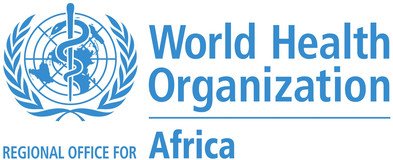Health authorities are trying to diagnose the disease that is spreading in Congo

The World Health Organization has reported that health authorities at all levels are working together to identify the cause of the infection that is spreading in the Panzi region of the Democratic Republic of the Congo, Kwango Province.
Between 24 October and 5 December 2024, 406 cases of undiagnosed disease were reported in the region with symptoms such as fever, headache, cough, runny nose and body pain. Most cases have occurred in children and women under 5 years of age, and the most severe cases have occurred in women with malnutrition. The number of deaths, on the other hand, is increasing, already exceeding one hundred.
Although the cause of the infection has not yet been identified, it is believed that the cause of the deaths could have been more than one. For example, malaria is a common disease in the area and, according to the WHO, it may be producing or accompanying cases. In addition to malaria, measles, influenza, acute pneumonia, E. coli haemolytic-uremic syndrome, COVID-19 and other diseases can also cause or be involved.
Deaths have occurred, above all, in rural communities. The authorities have explained that food security in this region has worsened in recent months and has been withdrawn. Gianera is a small vaccine coverage and health resources are scarce. Thus, the WHO has announced measures such as strengthening coordination at the national, provincial and autonomic levels, intensifying epidemiological surveillance to improve the understanding of the agent, the dynamics of transmission and the scope of the outbreak, ensuring case management for patient care and prevention of more deaths, providing logistic support and equipping laboratory teams to carry out the necessary tests, identifying the operational infrastructure, communicating the risk and sensitizing the community through
In fact, the WHO has recognized that the diagnosis has been postponed by the remoteness of the area and the lack of resources, and that it has limited the response. Also, the lack of security further complicates the situation, as armed groups pose a direct risk to response groups and communities. For all these reasons, the WHO considers that the global level of risk for the communities is high, although the risk in the country is considered medium. For the world, the risk remains small. However, the WHO has warned of concern about the proximity of the affected area to the border with Angola due to the risk of contagion of the disease.
Buletina
Bidali zure helbide elektronikoa eta jaso asteroko buletina zure sarrera-ontzian











